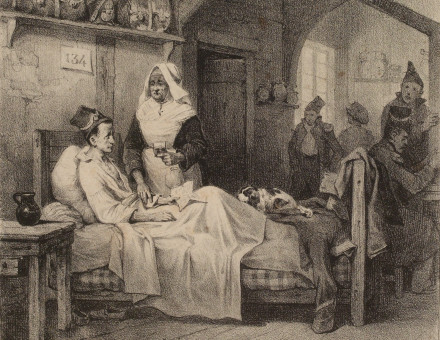Reform and Revolution
John Spiller shows that, in constitution-making in the USA (1787-89), France (1789-92) and Great Britain (1830-32), some men were considered more equal than others.
The USA, France and Britain, in the late eighteenth and early nineteenth centuries, all witnessed the advance of democracy to some degree. Concern for the rights of the individual and a desire to challenge privilege appear to have played a part in bringing about political change in all three countries. This article asks how democratic these reforms really were. To what extent were they designed to empower the masses, to what extent to further the interests of the rich?
The USA 1787-89
During the summer of 1787, 55 delegates from 12 of the 13 states of the USA met at Philadelphia to write what would become a new constitution. The War of Independence against the ‘tyrannical’ British had been won in 1783, but over the next four years many Americans came to fear that their de facto government - a congress based on the Articles of Confederation - would be too weak in peacetime to bind people and states together.





